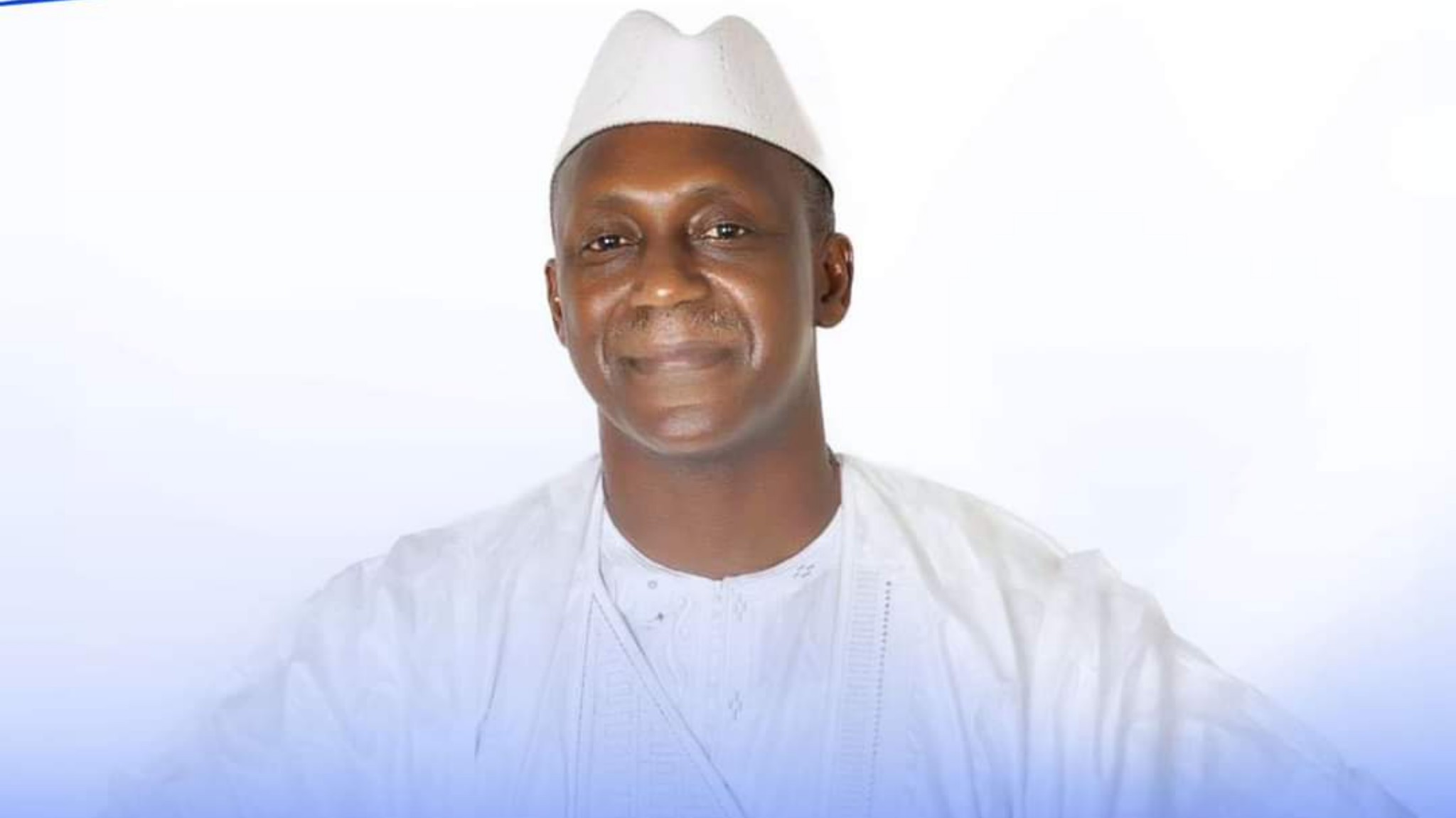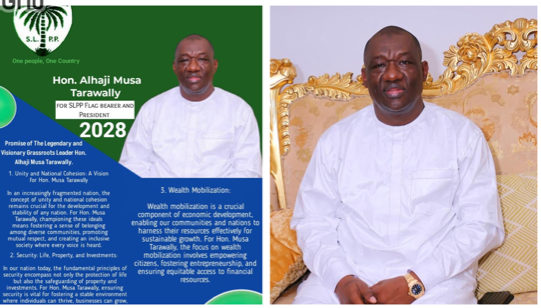
By Cornelius Deveaux
The fight against corruption is a national crusade which requires both an unadulterated commitment and an enduring self-abnegating with stoic determination. Regrettably, under this current SLPP administration, the institutions charged with the responsibility to mitigate graft are failing in their duties.
Beginning with the judiciary’s failure to bleach the constitutional impurities that contaminated the institution of the commissions of inquiry, the hullabaloo over the procurement of vehicles for the Covid-19 response and somehow irresponsive attitude to calls for the audit of Covid-19 funds, the cross-fire of accusations of corruption hovering the SLPP led parliament and most recently the launching of the Lungi Airport terminal extension project, the SLPP government’s chameleonic approach to the fight against corruption is becoming more clearer to the Sierra Leonean electorate and so also is the failure of institutions such as the Anti Corruption Commission, the National Public Procurement Authority and Parliament.
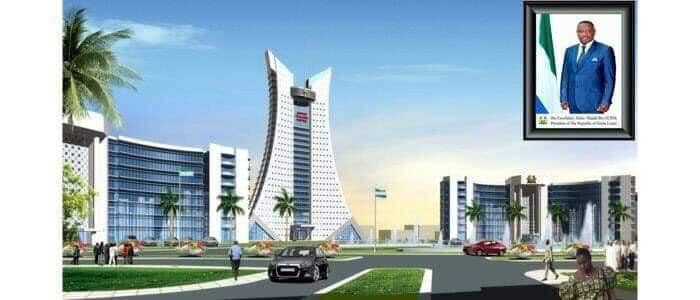
Director General of the Sierra Leone Civil Aviation Authority, Moses Tiffa Baio, averred sometime in 2018 the Mamamah Airport project which was to be financed by the Chinese Exim Bank was a sham. This came in the wake of efforts by the SLPP government to rebrand its administration as being different from the past APC administration of Ernest Bai Koroma which was described in the SLPP government transition report as “an egregious criminal racketeering enterprise”.
Certainly, the Akon solar street lights, proposed investments from Idris Elba, construction of a ‘tapalapa’ bread factory, construction of a new airport in Bo, Kenema and Bonthe, construction of an ultra modern diagnostic center and many more commitments and projects launched by the SLPP government since 2018 have all turned out to be a sham; however, the launching of the Lungi Airport terminal extension project is most shambolic and a pointer to the SLPP government being an egregious criminal racketeering enterprise.
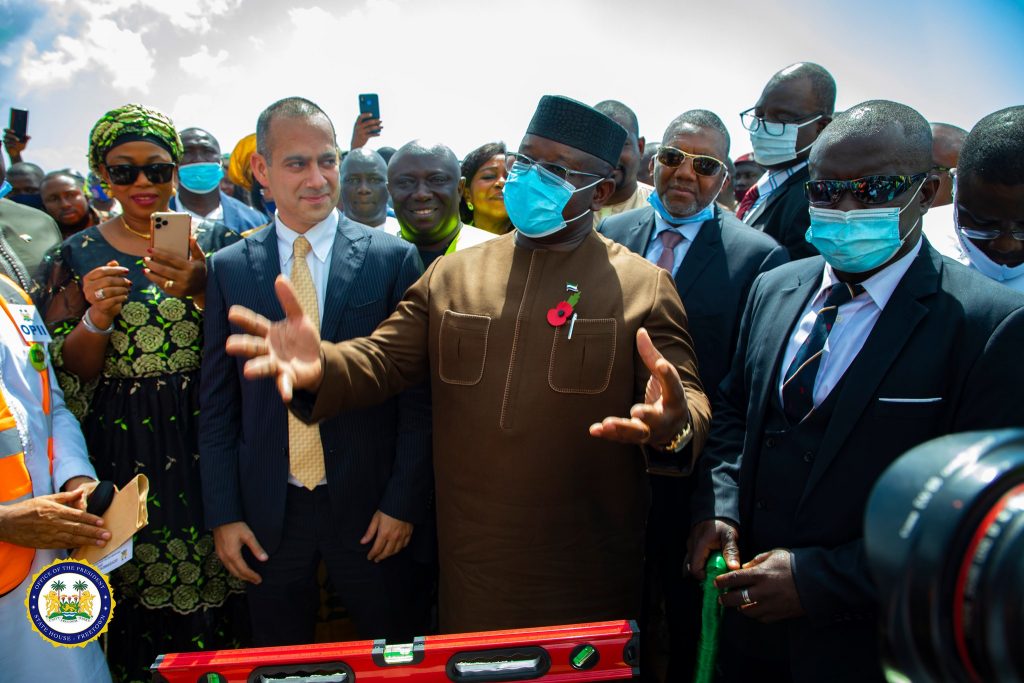
This piece is not to juxtapose the socio economic benefits of the terminal extension project vis-à-vis the annulled Mamamah airport project but an examination of the processes leading to the award of the contract on the premise that Sierra Leone’s laws makes provision as how such a contract should be awarded.
The award of the contract is in blatant contravention of Sierra Leone’s public procurement laws and regulations applicable to award procedures. The law states that all “public procurement shall be undertaken by means of advertised open bid proceedings, to which equal access shall be provided to all eligible and qualified bidders without discrimination”, and the exemptions listed in the Public Procurement Act do not in any way provide a cover to the award of the contract to SUMMA Group. There is no evidence that the award of the contract was preceded by a national or international advertised competitive bid proceeding as required by law.

This brings to the fore the incompetence of the opposition in parliament in a functional democracy. The 1991 constitution is both unequivocal and unambiguous in stating: “No loan shall be raised by the Government on behalf of itself or any other public institution or authority otherwise than by or under the authority of an Act of Parliament”. The supposed contract between the government and SUMMA Group was never made public neither ratified by parliament. Opposition MPs who are true to the purpose of representation should have wasted no time to summon the respective government authority to answer questions. This opposition nonchalance does not come as a surprise because it took the opposition eight months to demand regulations for a State of Emergency enacted in May this year which were supposed to have been presented to parliament two weeks after the enactment of the SoE.
The fact that the launch of the Lungi Airport terminal extension project is shrouded in controversies, an Anti Corruption Commission that is also true to its purpose would waste no time in exercising its powers to review all public contracts. Perhaps Francis Ben Kaifala is yet to believe that the contract awarded to SUMMA Group is not in the national interest. Section 126A (1) of the Anti Corruption law enjoins the ACC czar, acting in concert with the national public procurement chief, to issue a directive in writing to discontinue the implementation of the contract where the contract is not of national interest. Could these two make a difference in the fight against corruption? Such difference is important at this point in time.
A preview of SUMMA Group company profile is not just stunning but points to the fact that due diligence was not done in line with the general provisions of procurement bidding relating to qualification of bidders which may include professional and technical qualifications, equipment availability, past performance, legal capacity, financial resources and condition.
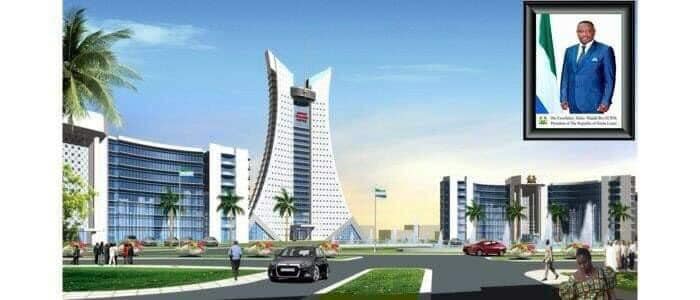
With fortunes estimated by Forbes at US$ 1.2billion, Wikipedia search lists SUMMA Group of companies as bankrupt and that the company has been losing some of its assets. The company is also described as a criminal community following the arrest and detention of the head of the company, Ziyavudin Magomedov, on charges of theft of 2.5 billion rubles and creating a criminal community.
From the moment of the arrest, SUMMA Group virtually ceased to exist. “She [Summa] has never been either a holding company in the classical sense of the word, or a management company,” Leila Mammadzade, a senior member of the organization, is quoted to have said in an interview in October 2018. Although the case is ongoing, the file contains testimony of witnesses who reported pressure on them thus indicating the company’s inclination to tamper with evidence.
Notwithstanding the company’s dossier of projects across the world it has a history of doing business in politically unstable climates and this, alongside the aforementioned, should have warrant a second opinion if the process was competitive. Albeit, the public procurement authority remains mute over the award of a contract that openly contravenes procurement laws and remains unknown to the public; much should not be expected from one who had once been precluded by a parliamentary ruling from holding public procurement office.
It is further important to understand that whether the terms are to build operate and transfer (BOT) or whatever, the US$ 270million estimated as cost for the project is a loan with a 25years concession ceding control and management of the country’s international gateway and a major revenue earner to a foreign entity. Considering the current economic situation, such a loan would not have been possible without a sovereign guarantee and the IMF may have possibly questioned it. But the entire process is shrouded in secrecy.
My understanding is that the government insists no sovereign guarantee was granted. Ironically, no serious minded business will want to commit such a huge sum in a frail and fragile economy like ours without a sovereign guarantee. The fact that the content of the contract remains unknown to the public portends corruption at its best. And if this government was serious about its commitment to proactively disclose information without recourse to the Freedom of Information law and has nothing to hide the contract should have long been made public.
The contract awarded to SUMMA Group is another testimony of government’s hypocrisy in the fight against corruption. The Anti-Corruption czar may pride himself in recovering stolen monies; the NPPA chief will also boast of producing procurement guidelines to save government money, but the award of the Lungi Airport extension project shows how much both are not doing to mitigate graft. It is important, therefore, for them to know that the fight against corruption is a national crusade which requires both an unadulterated commitment and an enduring self-abnegating with stoic determination.
In conclusion, the SUMMA Group contract requires urgent investigation by the Anti Corruption, the National Public Procurement Authority and Parliament if the SLPP government/nation is really serious about fighting corruption.
——————————————————-
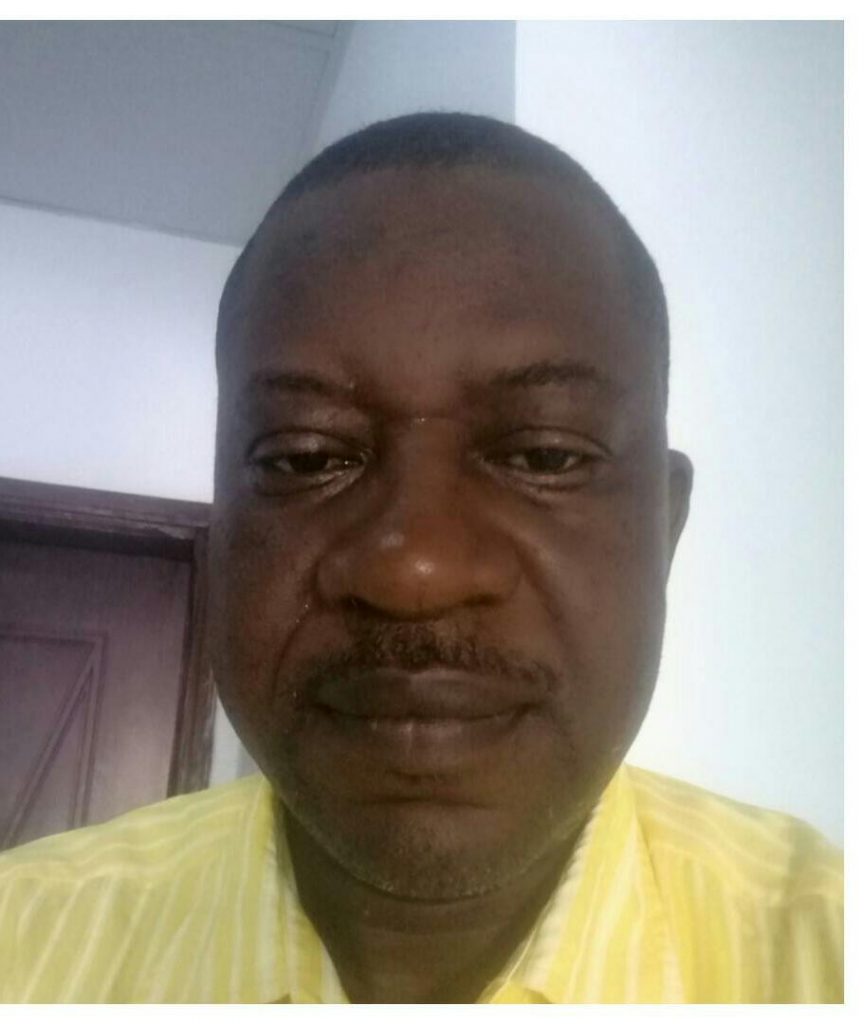
About the Author
Cornelius Deveaux is a former Deputy Minister of Information and Communications and National Publicity Secretary of the main opposition All Peoples Congress. He is currently living in exile in The Gambia.

